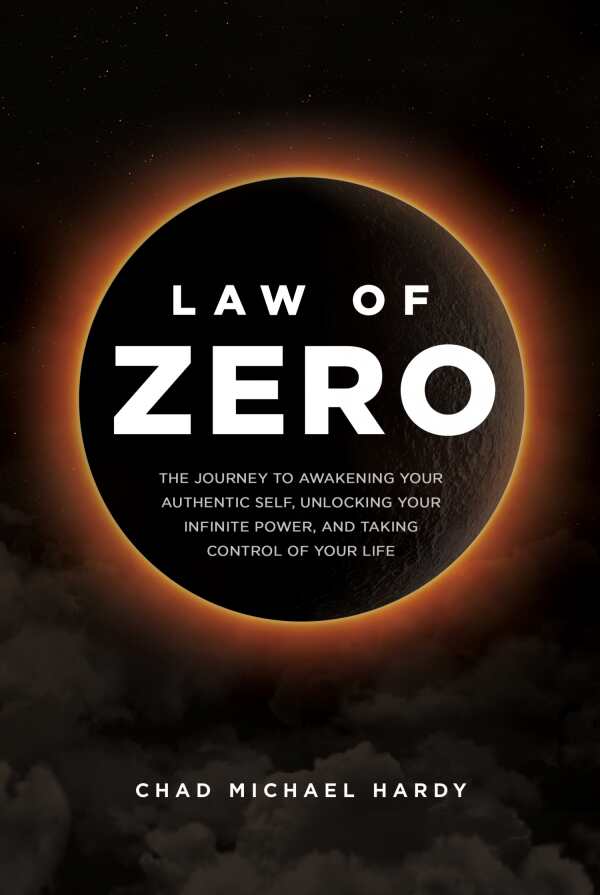Law of Zero
The Journey to Awakening Your Authentic Self, Unlocking Your Infinite Power, and Taking Control of Your Life
Enacting thought-provoking discourse between spirituality and sexual orientation, Law of Zero is a powerful memoir that models self-acceptance.
Part memoir, part self-help book, Chad Michael Hardy’s Law of Zero is about developing a baseline mindset that allows for peace and redirection.
Hardy grew up in strict religious Mormon communities in California and Utah. His sense of purpose and his morals were controlled and monitored. He was young when he realized he was attracted to men, but he suppressed his sexual orientation via rigorous involvement in the church. He also undertook a mission trip from which he returned feeling more lost than ever. Grappling with the inconsistencies between his true self and the self he was pressured to project by his community, Hardy reached zero, a neutral mindset of acceptance and peace:
An overwhelming feeling of love, communion, and connection overtook me. In that moment, I was at Zero with what I had just experienced. I could feel my heaven; I could believe it all to be possible.
While this cost him his place in the church and his college diploma, it also granted him a powerful sense of true purpose.
The book is unrooted in the present early on. By its ending, though, the focus has shifted to exploring, in a present context, the surprises of Hardy’s lifetime and how they shaped his viewpoint. Its prose is brisk and evocative, making the past feel present and connected to the future iterations of personality. Throughout, it represents a thought-provoking discourse between spirituality and sexual orientation.
However, while the book’s personal accounts are dramatic and revealing, their connections to the overarching philosophy are established in jolting terms. For example, in discussing Hardy’s past, the book includes rich themes of spirituality, shame, and self-discovery, but these traumatic experiences are somewhat erased by the Law of Zero’s blank neutrality. As the book progresses, however, the philosophy becomes clearer. The five entry points introduced at the start of the book are explored in depth, with the book showing people how to find awareness, secure alignment, take ownership, release to receive, and engage power. Still, it is unclear how these pillars might be applied to more complex traumas or within lives not governed by a spiritual background. While the prose is encouraging and helpful, the central ideals are not made applicable enough to outsiders’ situations; the book’s memoir portions, not its self-help ones, are its most memorable.
Law of Zero is a potent memoir that issues a spiritual call to action, encouraging people toward the self-acceptance it models.
Reviewed by
Cassie Sistoso
Disclosure: This article is not an endorsement, but a review. The publisher of this book provided free copies of the book and paid a small fee to have their book reviewed by a professional reviewer. Foreword Reviews and Clarion Reviews make no guarantee that the publisher will receive a positive review. Foreword Magazine, Inc. is disclosing this in accordance with the Federal Trade Commission’s 16 CFR, Part 255.

